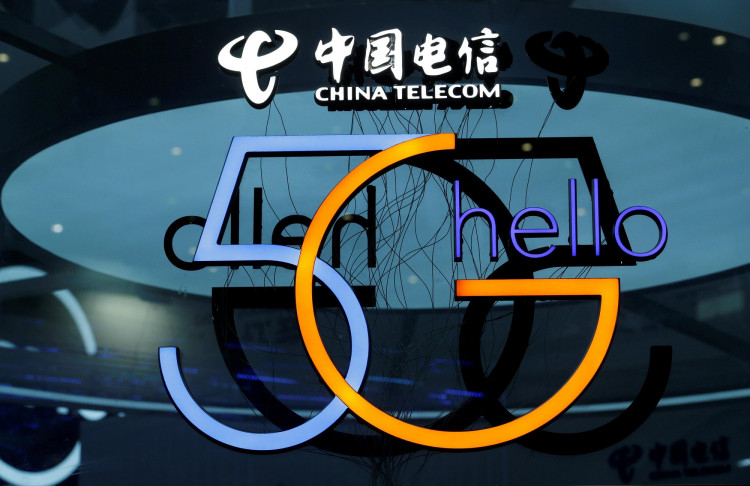China Unicom Hong Kong Ltd. said Monday the New York Stock Exchange's delisting of its shares between Jan. 7 and Jan. 11 last week won't "make a substantial impact upon its business."
Delisting proceedings have been initiated against Unicom and China Mobile Ltd., China Telecom Corp. Ltd, the New York Stock Exchange said.
In the past year, the price of China Mobile's U.S. listed shares have declined 29% while those of China Telecom and China Unicom have decreased 30% and 39%, respectively, FactSet Data shows.
China's Ministry of Commerce said Saturday that "this kind of abuse of national security and state power to suppress Chinese companies" does not comply with market rules and disrupts market order. It added that it would "take necessary measures" to protect the interests of its companies and called upon the U.S. to put bilateral trade relations back on track.
Meanwhile, China State Councilor and Foreign Minister Wang Yi said U.S. politicians had "serious misconceptions" about China and relations with the U.S. had come to "a new crossroads." He hoped the Biden administration would take a more sensible approach toward China.
President Donald Trump barred in November U.S. investment in 31 China companies that the U.S. designated as having ties with the China military. The ban was expected to come into effect Jan. 11 and it gives U.S. investors one year to comply with the rules.
In December, U.S.-China tensions increased as the U.S. Commerce Department added dozens of China companies, including state-owned chipmaker Semiconductor Manufacturing International Corp. and drone manufacturer SZ DJI Technology to a trade blacklist.
The three China telecoms companies have issued American Depositary Receipts and have been listed on the New York Stock Exchange for nearly two decades but they are reportedly more closely followed by market participants on the Hong Kong stock market.
According to analysis by Bloomberg and FactSet Data, these telecom companies' U.S. stocks are thinly traded compared with their primary listings in Hong Kong. For example, 2.1 million China Mobile American depositary shares were traded daily on average over the past three months. But up to 34 million Hong Kong shares are traded each day. Each American depositary share is equivalent to five ordinary shares in Hong Kong.
"The delisting issue is a live one with financial clients," Leland Miller, chief executive of China Beige Book International, told The Wall Street Journal. "There are some jittery people out there."
Quantitative hedge fund managers Renaissance Technologies LLC., Dimensional Fund Advisors LP and Two Sigma Investments LP were among the largest holders in these U.S. listings but the stakes they held at the end of September were small, Bloomberg reported.
As of April, U.S. mutual funds held about $43.5 billion in China stocks and bonds, according to a report by the U.S. Securities and Exchange Commission - a fraction of overall U.S. holdings.
"Given the three companies' large user base, stable operation, significant influence on the global telecommunications service industry, as well as the small proportion of American depositary shares in their total shares...the act of delisting will have a very limited impact on their market operation and development," a spokesman for the China Securities Regulatory Commission said.
These telecoms have been speeding up the development of new 5G wireless networks across the nation. The next big opportunity for the telecom infrastructure industry lies in the 5G sector, according to the annual report Telecoms 150 released by Brand Finance last year.





